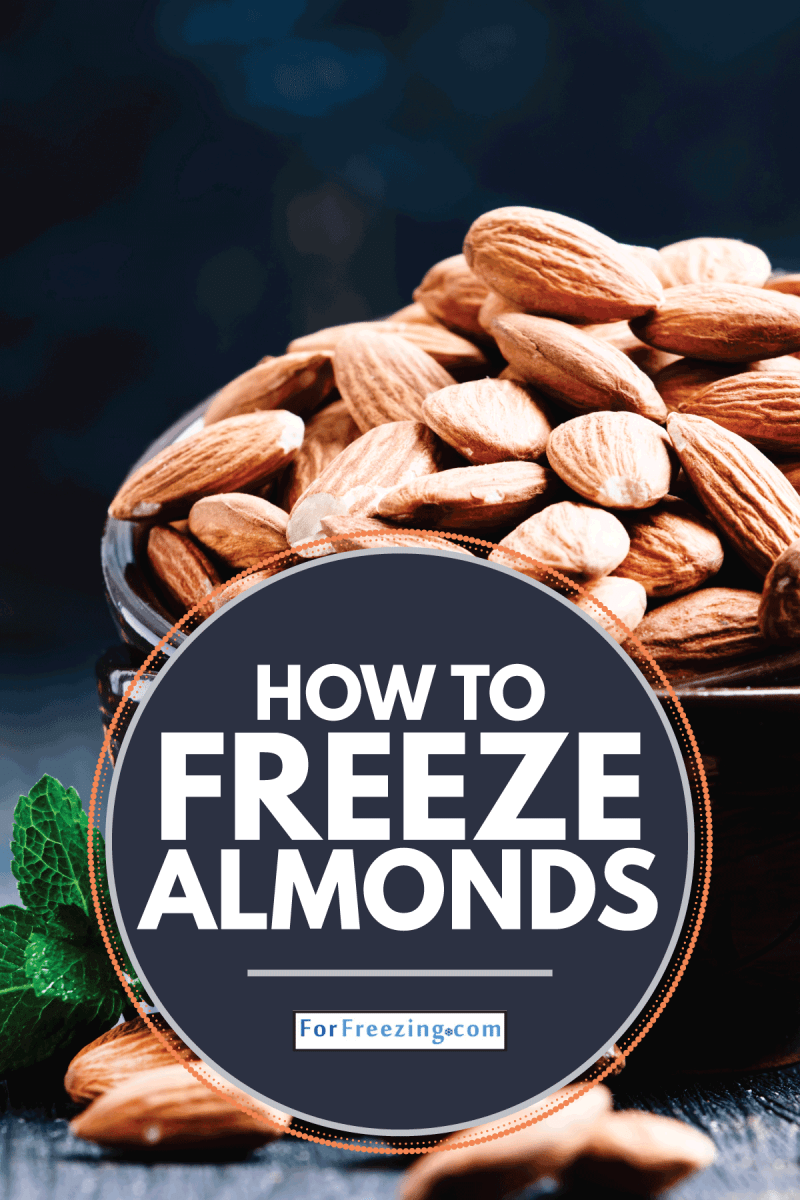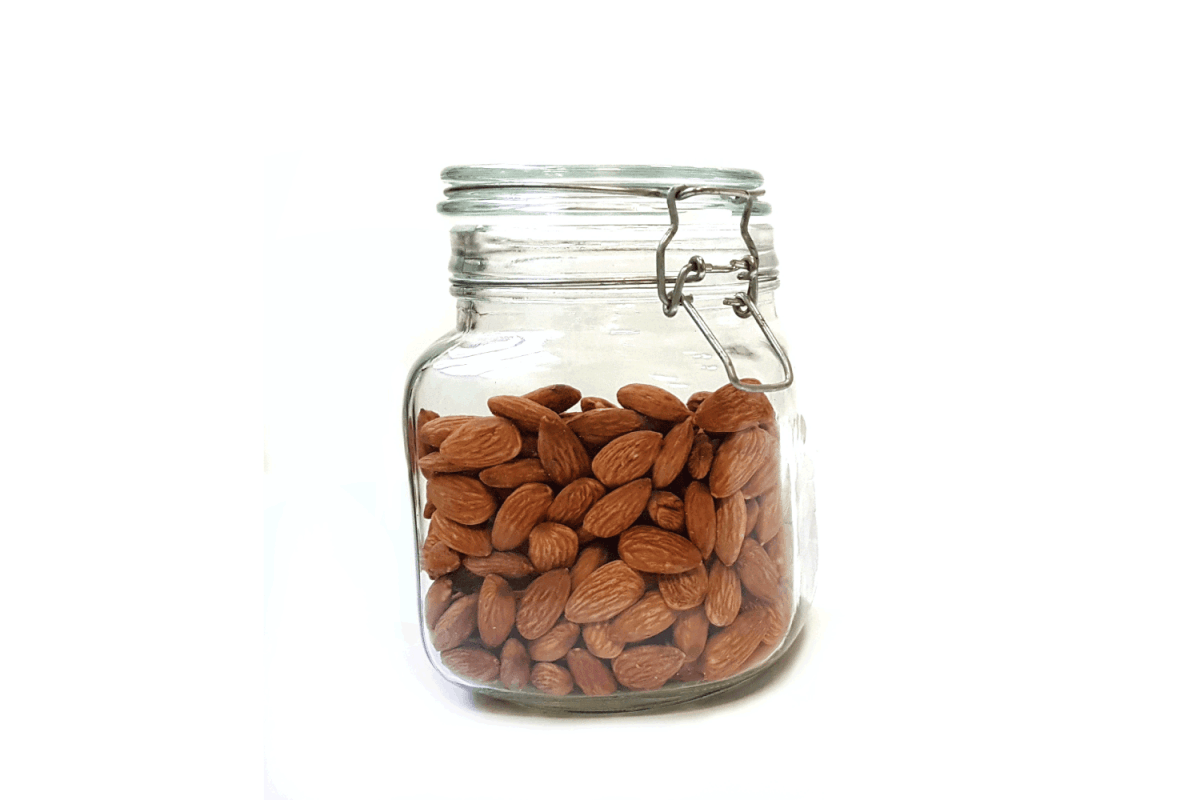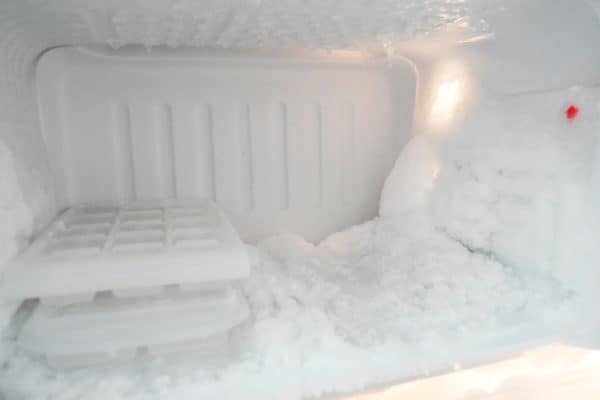Freezing almonds is an excellent way to prolong their shelf life. Storing them in the freezer aids in keeping their good taste and quality, as high temperatures can make the fat content rancid. Also, its low moisture content makes freezing an excellent choice to preserve, as thawing will not alter its physical component or taste. But how do you freeze them? We have researched the topic so as to outline the steps that will help us maximize almonds' benefit.
When freezing almonds, make sure to consider the following:
- Type of almonds to be placed in the freezer – whole, in-shell, or processed
- The storage container may vary for processed or ground almonds.
- They should be kept at temperatures less than 5⁰C/41⁰F and make sure there are no drastic temperature changes.
Almonds stored at room temperature may stay optimal for at least a month, but almonds kept in the freezer can be eaten for at least a year or two. Keep reading and learn how to properly freeze almonds so you will enjoy their taste.
NOTE: WE MAY GET A COMMISSION IF YOU DECIDE TO MAKE A PURCHASE THROUGH THESE LINKS. THERE'S ADDITIONAL NO COST TO YOU. CHECK THE BOTTOM OF THE PAGE FOR MORE INFORMATION.

Whole, in-shell, or processed Almonds

We follow the same principles when freezing whole, in-shell, or ground almonds. Slightly more precautions considered when freezing processed almonds, as slicing or dicing can increase the surface area that can interact with moisture.
Can you freeze almonds in the shell?
In-shell almonds can also keep up to three years when kept inside the freezer, although this is the less preferred method since you still need to remove the hull before you can use the almonds.
Freezing can be a method to sterilize backyard picked almonds still in shell from pests and bugs. After harvesting, put them in a container and leave them in the freezer for 48 hours.
How To Freeze Ground Almonds?
Ground almonds can be placed in the freezer while on their original packaging, if still unopened. Once opened, it is advisable to separate them in small batches and place them in tightly sealed containers. Adding an extra later of plastic either in the form of a Ziploc bag or vacuum seal offers an extra layer of protection against moisture.
How long do ground almonds last in the freezer?
Grounds almonds can last up between 12 months to 18 months while stored in the freezer, depending on whether it is natural or blanched.
Can I freeze soaked almonds?
Freezing storage procedures for soaked almond follows the same procedure with raw, unsoaked almonds – with one extra step: completely dry the almonds before freezing. They can store up to two years. It's also handy to keep some in the freezer to save time when a recipe calls for it.
An airtight container is best

Almonds in their original packaging can readily be placed in the freezer. Just make sure that there are no punctures or holes present in it as moisture can seep in, which can lead to ice build-up. But if you're the type that prefers to transfer them into containers for easy handling, then choose an airtight freeze ware. The bonus is that it's less prone to puncturing. To quickly be able to get the needed amount for thawing, keep your freezer organized and hold off strong odors that can readily be absorbed.
How to store your frozen almonds
Some examples of suitable airtight containers are Tupperware or Rubbermaid plastic boxes with an airtight lid or Glad or Ziplock 'disposable' plastic containers. Although they can crack and stain over time, they generally keep moisture out and freshness inside. The size of the container will depend on the volume of almonds to be stored. Go for the small ones if you don't like opening and re-opening your bulk batch.
For roasted almonds or processed almonds, vacuum sealing or nitrogen flushing can be an added step as this helps to keep oxygen away from the nuts, even while in the freezer, before putting them in plastic containers.
Place in optimal temperature
Almonds should not be subjected to sudden temperature changes. It is best that you keep them at most 5⁰C/41⁰F. The Almond Board of California mentions <50°F/<10°C is preferred. In areas where the temperatures exceed the recommendations, best to store them in colder storage.
That is why the pantry is not the best place to store your bulk almond supply. Keep an amount to last a day or two, depending on your consumption. But if the temperature in your pantry rises above the preferred storage temperature, then refrigerator (for day-to-day use) or freezer (for storing in bulk) is recommended.
How to Safeguard Stored Almonds
Make sure to label your almond stock when you first placed them in the freezer (start date) and the last day you expect it to be there. The general rule of thumb is that they can remain in the freezer for two years at the maximum for most of the formats or follow the label instruction.
How long will almonds keep in the freezer?
Raw natural almonds can hold up to two years. Processed (sliced, diced, slivered) can keep up to 18 months. Meal can be stored for up to 12 months. Blanching is able to add six more storage months for processed almonds except for meal. It remains at 12 months, whether natural or blanched.
How do you thaw frozen almonds?

Take the amount that you need from the freezer and let it sit at room temperature. Make sure not to thaw the whole batch as changes in temperature can affect the quality of almonds. If this happens regularly, you can expect a shorter storage life for your almonds.
Do Frozen Almonds Go Bad?
Freezing (and thawing) do not alter the quality and nutrient content provided the essential storage recommendation is followed. However, if there is a break in the containers and moisture gets in, then slowly molds can develop. Also, temperature fluctuations can oxidize the fat in the almonds and this can turn rancid.
In between getting almonds for thawing, check for appearance (presence of molds or dark spots), smell (rancid), and taste (bitter). Any one of which is a sign of deterioration. And consider changing your stocks.
Can You Still get Salmonella from Almonds?
The Salmonella outbreak in 2004 linked with almond consumption has led to the recall of almonds sold in North America and other countries. Because of this unrecognized risk, it is now required that almonds sold in North America undergo pasteurization. Almond's goodness is retained even if they undergo pasteurization.
As California produces about 80% of almonds supplied to more than 90 countries, it is safe to say that most of the almonds have reduced Salmonella risk. But be sure always to check the label to confirm where almonds were produced.
Can You buy from Bulk Bins?
Buying in bulk bins may be a cost-effective and environmentally conscious method, a better way to stay away from one-time-use plastics. However, make sure you check the quality of your almonds by using your basic sense – smell – since several batches of almonds may find their way into the bulk bin. Check also the temperature where the bulk bins are situated.
In Summary
Although almonds contain natural antioxidants that help them to stay longer, freezing allows more optimal storage. And the good news—you don't need to follow complicated steps. Just keep three things in mind: put in an airtight container, make sure your freezer temperature is optimal and keep moisture away.
Suppose you don't consume large amounts of almonds, better to buy only the part that you can finish at any given time. Check the label to know where it came from and when it was processed.
It is best to regularly check your stored almonds by sniff (smelling them close) or taste (take a bite or two) test. When you smell something rancid or almonds are bitter tasting, it’s time to change your stocks.



